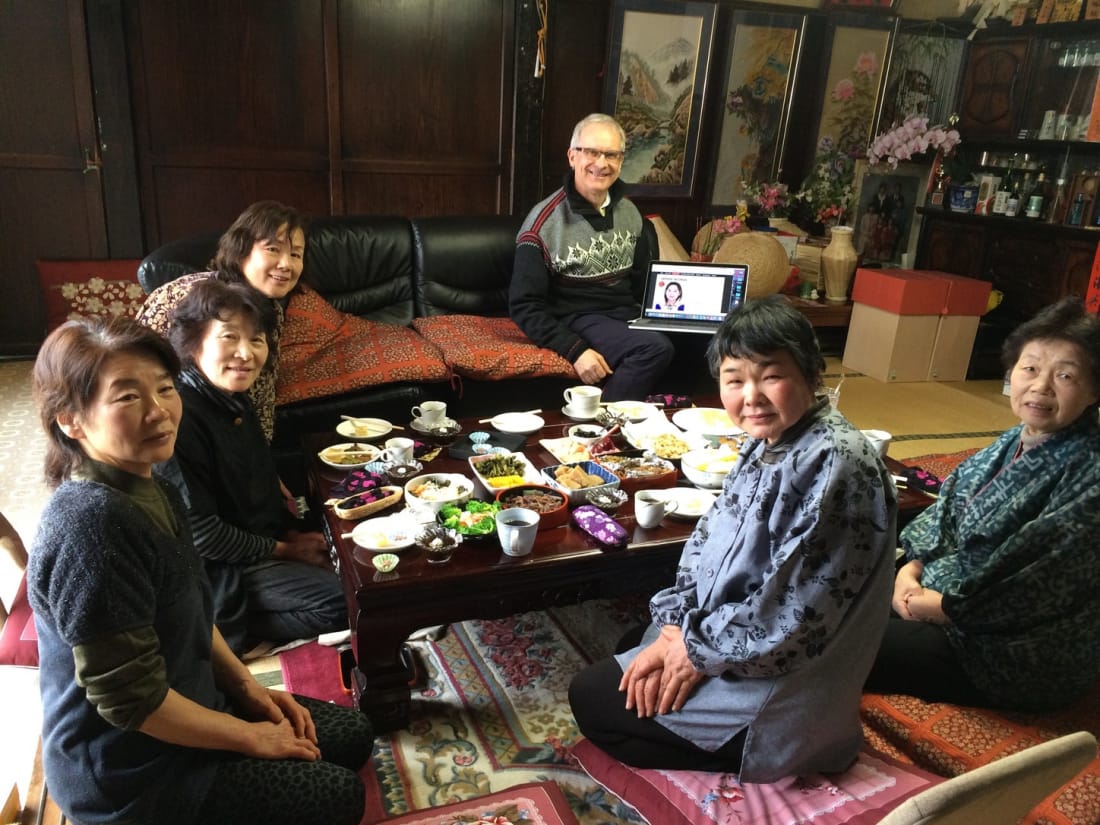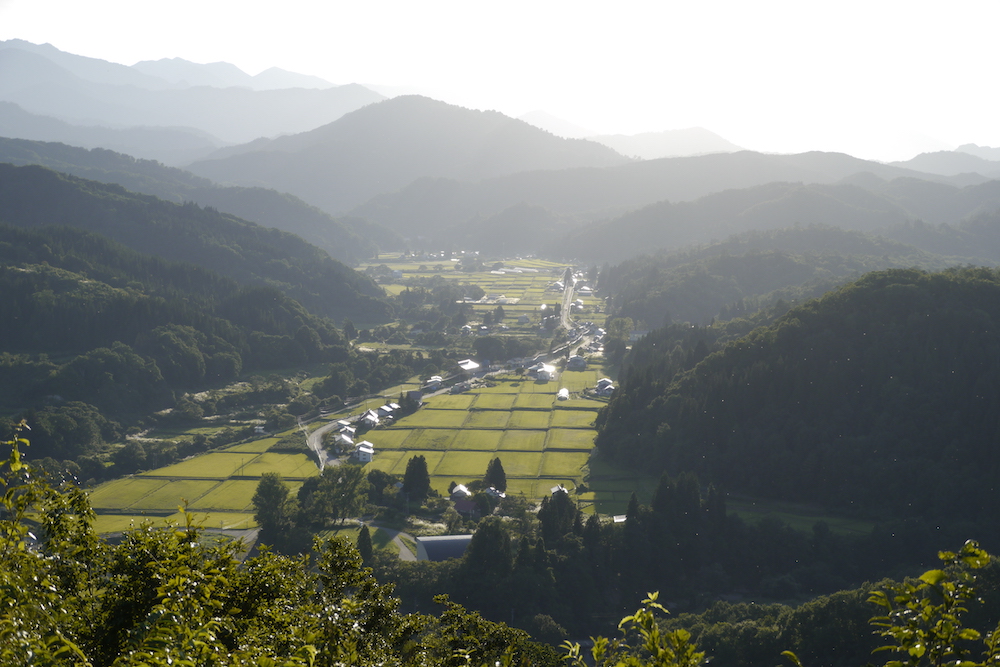The village of Nakatsugawa, located in Iide, Yamagata prefecture, is one of the most uniquely beautiful villages in Japan. In fact, it was named exactly that in 2014, due to its unique landscape fronting the dramatic Iide mountain range and well-preserved customs and culture, including snow festivals in both winter and summer.
But even Nakatsugawa does not escape the host of daunting challenges that plague Japan’s rural and small towns, including a high average age, few young people, depopulation and falling tax revenue. If current trends continue throughout Japan, 869 municipalities—nearly half of Japan’s total—will be at risk of vanishing by 2040, villages like Nakatsugawa among them.
The Resilience Strategy to Save Nakatsugawa
That doesn’t stop such villages from fighting back, and Nakatsugawa in particular has taken a unique approach to forging its future. In joining a collaborative initiative called as Shuraku OS, named after the Japanese word or village or settlement, Nakatsugawa has partnered with Fulford Enterprises, run by the English-born Adam Fulford to bring more revenue, attention and people to the village. Shuraku OS is a suite of solutions for villages, including a local leader-run Future Committee, an international community intern, English language training, support for hosting university and corporate training events, and marketing assistance to generate more value out of local products.
The initiative launched on October 24 with a “video bento” online event, bringing together experts and passionate individuals from around the world to share what Fulford believes communities like Nakatsugawa have to offer the world: sustainability and resilience.
What is a Video Bento?
Fulford and a dozen other participants gave 10-minute presentations on the meaning of resilience and how rural communities can promote a more resilient and sustainable way of life. “Covid-19 has drawn everyone’s attention to the fragile nature of contemporary urban life,” says Fulford. “When the going is good, convenience culture works. But with each new opportunity to think only of one’s own pleasure and comfort and safety, we are making it more difficult for all of us to cope when the going gets tough.”
“We are making it more difficult for all of us to cope when the going gets tough”
That’s where villages like Nakatsugawa come in. Fulford and other experts believe that rural communities can point to a more sustainable way of life, best exemplified by the “44 resilience values.” Tokyo City University Professor Furukawa Ryuzo interviewed hundreds of people over the age of 90 to find out about life before convenience. As a result of these interviews, he identified 44 lifestyle resilience values as common elements, mainly bonds with nature, family and the community. Disparate values on the list, like “make what you eat,” “a readiness to share” “one life, many livelihoods” and “walking everywhere” only come together when they are applied as a whole, cohesive way of life.
Sharing Resilience Values with the World

Other talks on the three-hour-long YouTube stream included Professor Masae Mitsuhashi at Tohoku University speaking about her workshops that apply the 44 resilience values in local communities, Wasswa Paul discussing his NGO in rural Uganda that works with at-risk children to conduct sustainable agriculture, and Yusuke Watanabe covering the adaptability and creativity needed to get by in a wheelchair. A diverse mix of talks on the October 24 event covered everything from gardening to calligraphy.
To share resilience values with the world, and inspire greater international interest in Japan’s remote villages, Fulford also launched a companion project to Shuraku OS: Shuraku Cloud. While Shuraku OS consists of the strategies that Nakatsugawa uses to secure its future, Shuraku Cloud is the international platform that convinces people that these towns are worth visiting in the first place.
“A Video Bento is one way of showcasing what these individual communities are doing,” said Fulford. “Some people may think that Japan’s villages are simply doomed. Others, like me, can see buried cultural treasure glinting in those communities.”
Positive Change for the Future
Priya Mu, originally from south India and currently Nakatsugawa’s community intern, produced several videos for the video bento, including interviewing local residents on intelligent, tech-free farming strategies that borrow the power of nature. As a part of her job, Mu helps out with everything from supporting English learning for local farmhouse BnBs, documenting life in the village, and testing out new strategies that can bring revenue to the village, like freeze-drying traditional food items.
“We need more sustainable economic opportunities”
“We need more sustainable economic opportunities [in Nakatsugawa]. My role is to find those possible opportunities,” says Mu. “As a community intern, I feel I am both an insider and an outsider at the same time which gives me an opportunity to act as a bridge that connects the community and the local values with new and unexplored possibilities. Hopefully this can grow bigger in the future and help bring positive changes to Nakatsugawa Chiku and possibly extend to other marginal villages.”
Starting at the end of November, Fulford will begin to release new videos about once every two weeks, featuring a similar diversity of talks: the life of a tea farmer, Nakatsugawa’s one-of-a-kind snow festival, making a business out of akiya (Japan’s empty houses), and reemploying the economically vulnerable in Japan’s IT business.
Learn more about resilience values here








